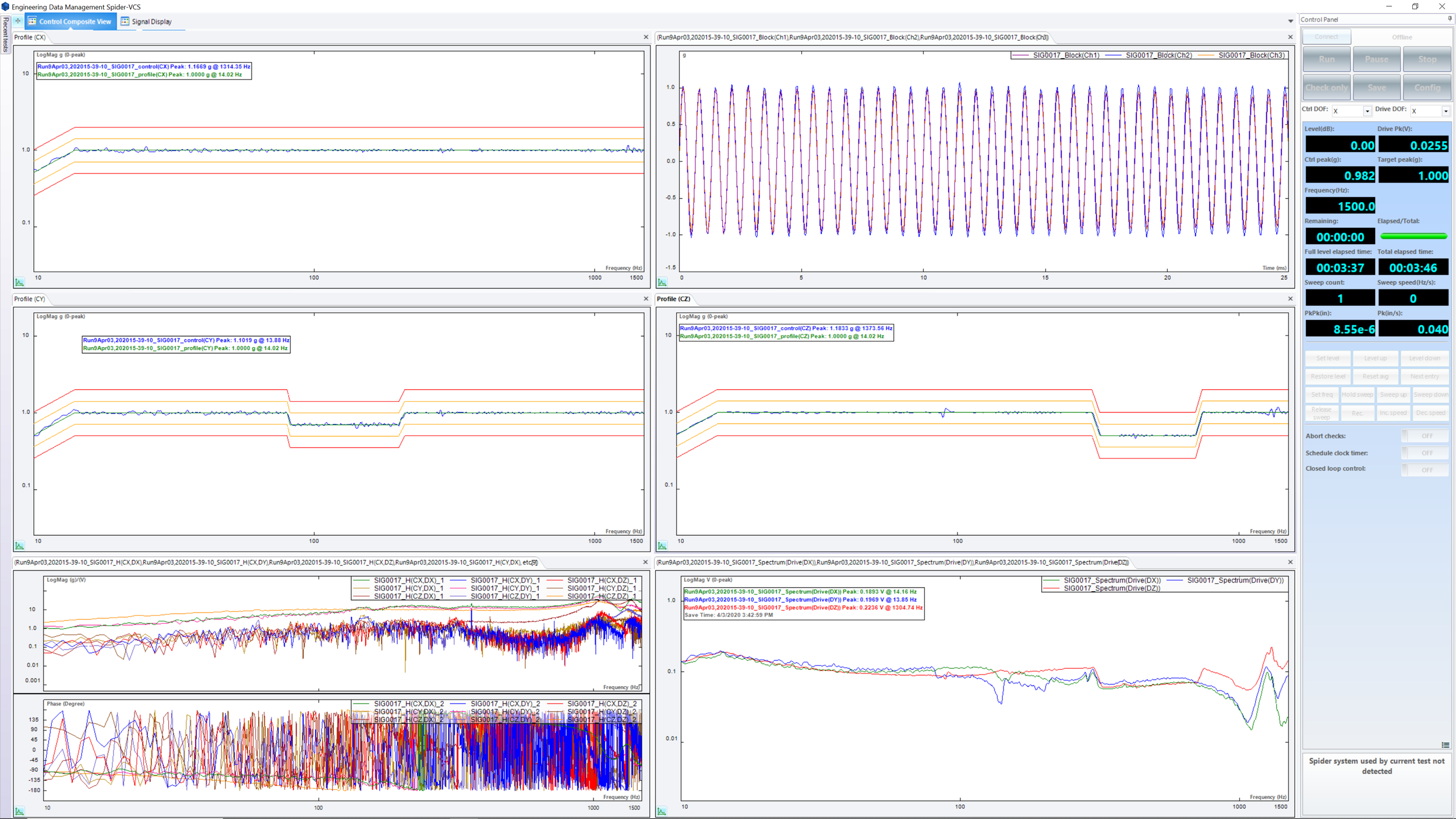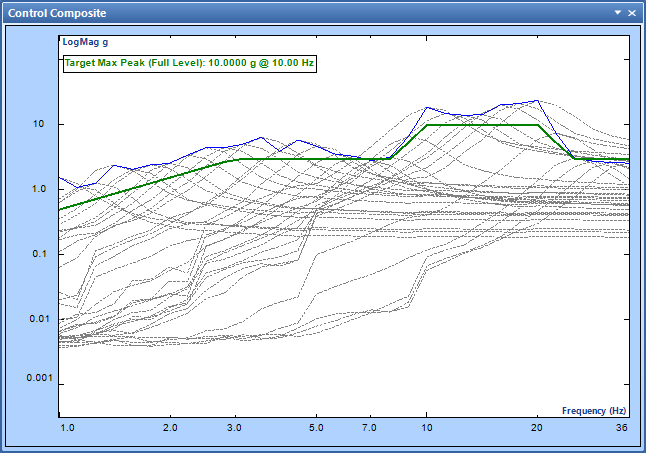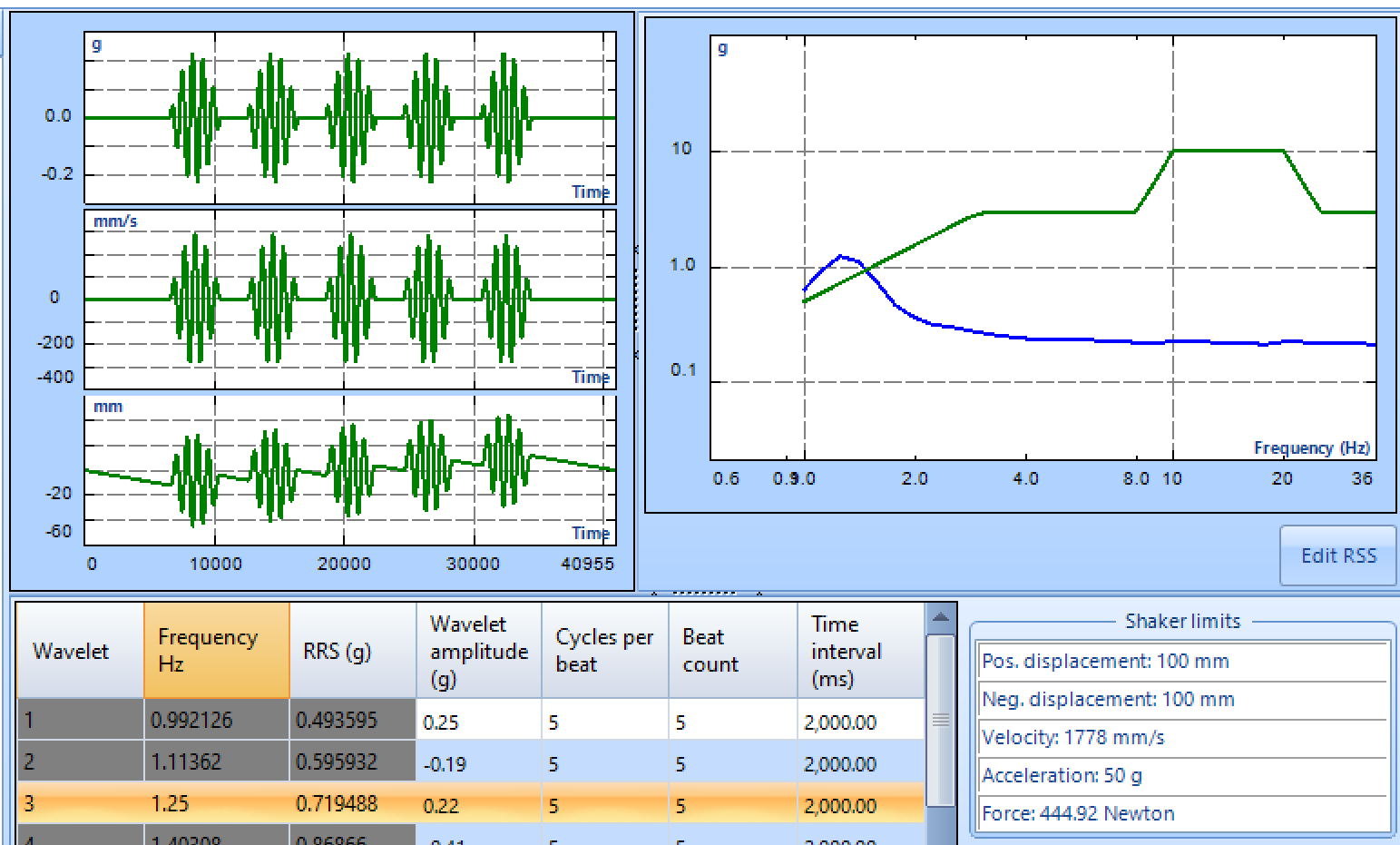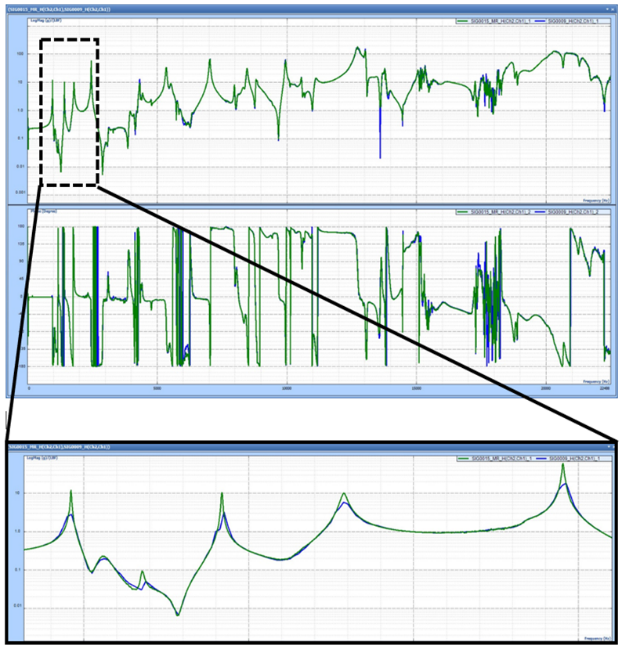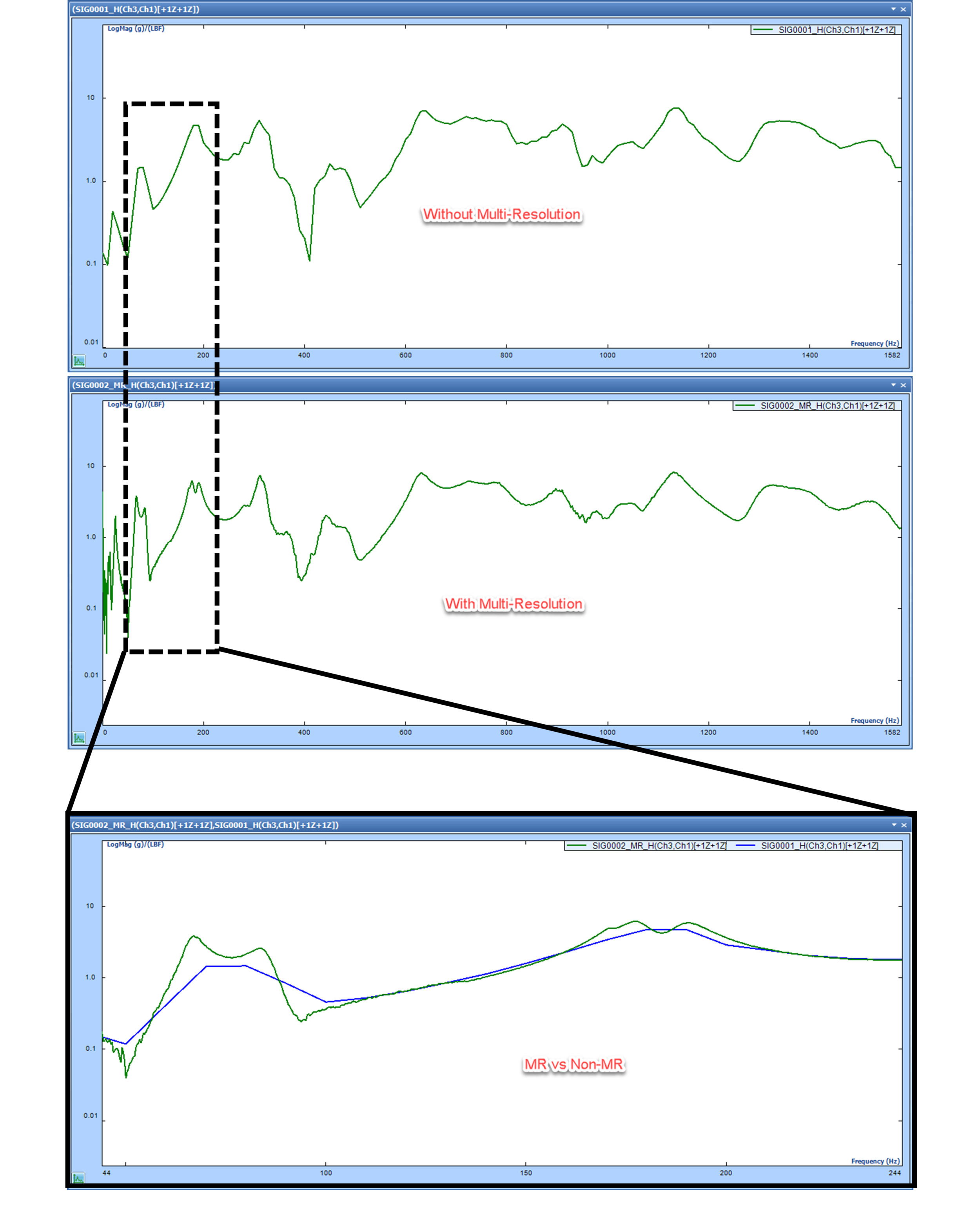Preview of Crystal Instruments 9.0 Release
Crystal Instruments is currently finalizing EDM 9.0, one of the most advanced versions of EDM software.
With hardware introductions supporting an enormous 256 kHz sampling rate, the Spider hardware can now be deployed for a wide range of applications.
The testing plan introduced in EDM Modal efficiently streamlines the collection of data at various points for modal analysis. Crystal Instruments’ unique multi-resolution technology is extended to support SoR and RoR tones in random testing and pre-test for MIMO sine testing.
In addition, a generous number of new features will be introduced in all the EDM modules. The following is a preview of what users can expect from the EDM 9.0 Release. Stay alert for the announcement newsletter to learn about all the new features and the enhanced user experience offered in the EDM 9.0 release.
Introducing Spider Systems Featuring 256 kHz Sampling Rate (Spider-80Hi and Spider-80Ci)
The Spider-80Hi and Spider-80Ci are the newest and the most powerful front-end cards of the Spider 80Xi platform. These cards are equipped with sampling rates of up to 256 kHz.
The Spider-80Hi is similarly equipped as the Spider-80Xi system with dual ADC technology which provides a dynamic range of 160 dB and 58 stages of a sampling rate selection ranging from as low as 0.48 Hz to as high as 256 kHz. These units can be chained together to create high channel count systems while maintaining excellent phase match.
Raw time data can record continuously at the 256 kHz sampling rate for all channels. The Spider-80Hi has the same form factor as the Spider-80Xi platform and can be used with a Spider-80Xi chassis or Spider-80M chassis.
The Spider-80Ci has integrated charge amplifiers in addition to all the features supported by the Spider-80Hi.
Introducing the Ultra-Compact Spider-20H, Spider-HE & Spider-20i with 256 kHz Sampling Rate
Crystal Instruments’ smallest form-factor portable DAQ device received an upgrade in the 9.0 release. The new generation of Spider-20 systems supports sampling rates of up to 256 kHz for data acquisition and recording.
Introducing Multi-Resolution Pretest in MIMO Sine
Multi-resolution for pretest is added to MIMO Sine control. The cut-off frequency can be set based on the range of the profile. This provides the FRF with much higher frequency resolution at the lower section of the frequency range in addition to improving the control accuracy and the controllable frequency range.
Multi-Resolution Support for SoR and RoR Tests
EDM 9.0 extends support for multi-resolution to Sine on Random and Random on Random tests.
The low frequency sine tones can now be controlled and analyzed with great accuracy.
Introducing the Sine Beat Seismic Test Type
The Sine Beat Seismic test type is introduced in EDM 9.0. This test type is for the seismic qualification of electrical equipment. It complies with IEEE 344 or IEC 980. The profile is defined by the RSS, where the amplitude of each frequency point determines the amplitude of the wavelet applied to the sine beats time waveform at each frequency of the RSS. Each sine beat is defined by wavelet amplitude, cycles/beat, beat count, and time interval.
Introducing EMA Testing Plan
In EDM 9.0, a testing plan feature is added to provide information about the measurement acquisition status and to helps users customize and control the flow of the testing process. A quick glance of the testing plan provides information about the roving mode implemented for the modal test and the number of measurement points on the 3D geometry model. It also provides power capabilities to randomize and modify the test plan using the skip, reset, recalculate, edit and other associated options in the measurement entry list to optimize the test control and measurement procedure. Corresponding to the user operation, the status of the measurement runs is measured, queued, skipped and in process accordingly. The testing plan is docked onto the measurement tab as shown in the following screenshot.
Added Shaped Random/Burst Shaped Random Output Excitation in MIMO FRF Modal Analysis
Shaped random and burst shaped random excitation is added to the MIMO FRF Modal Analysis suite. These output excitations help increase the response level at certain desired frequencies by allowing the user to input a profile in the frequency domain. Adding a burst percentage also provides an opportunity to control the time duration of no output.
Patented Multi-Resolution Spectrum Technology in Modal Analysis Extended to High Channel Count System
Crystal Instruments was granted a patent for the unique Multi-Resolution Spectrum technology which provides 8 times higher spectral resolution in the low frequency region compared to the high frequency region without having to use enormous block sizes or enormous computational resources.
The multi-resolution spectrum technology available in the MIMO FRF test of the EDM Modal Analysis suite has been optimized and extended for use in multiple module systems. The FRF is much sharper and more accurate with the implementation of multi-resolution technology compared to those acquired using the conventional FFT approach, which results in a better estimation of the FRF amplitude and damping.
Save and Continue an Unfinished Test
Unfinished tests in EDM-VCS or EDM-DSA that are aborted due to a user event or by a system event are now automatically saved. The unfinished duration of these tests can now be continued exactly from the point where it was stopped.
This feature is predominantly helpful in various vibration controller tests scenarios where a test has ended prematurely or must be stopped prematurely by the user. The following scenarios illustrate helpful applications of this feature.
Users can run very long vibration tests for several days by stopping the test at the end of the day and continuing it on a different day.
Tests aborted due to sensors falling off or damaged fixtures can be continued after the necessary fixes are completed.
Ability to continue is available even after a PC restart.
Support for Microsoft SQL Server 2017 and 2019
EDM 9.0 has received significant upgrades in all areas including support for the latest version of Microsoft SQL Server.
Support for SQL Server 2017 and 2019 is included to allow users to take advantage of the powerful feature upgrades introduced in SQL Server 2017/2019.



